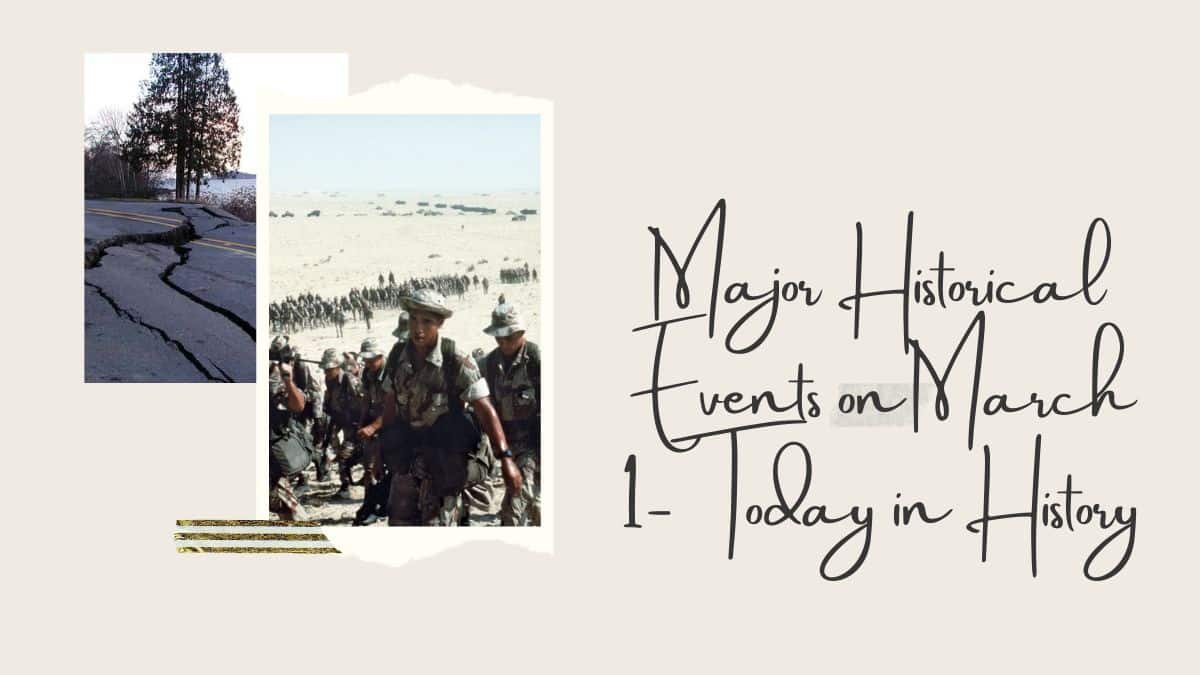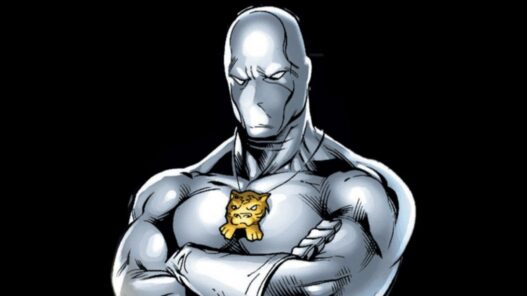February 20th marks a day rich with historical significance, encompassing events from royal ascensions to groundbreaking scientific discoveries. This blog explores these Major Historical Events on March 1- Today in History, each underlining the breadth of human achievement and evolution.
Major Historical Events on March 1- Today in History
1565: Rio de Janeiro Founded
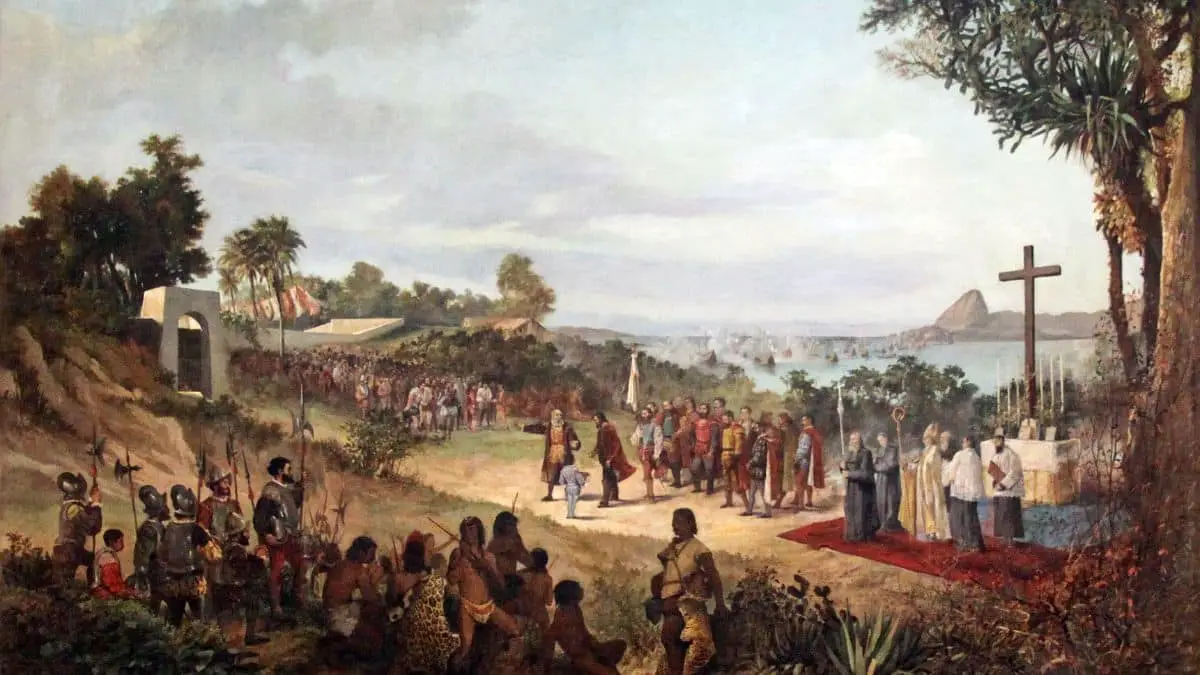
In 1565, the Portuguese founded the city of Rio de Janeiro, Brazil. This strategic move aimed to establish a stronghold in the New World. The city’s natural harbor and strategic location contributed to its growth as a major port and cultural hub.
1692: Salem Witch Trials Begin
The Salem witch trials, a series of hearings and prosecutions of people accused of witchcraft in colonial Massachusetts, began in 1692 with the arrest of Sarah Good, Sarah Osborne, and Tituba.
1790: First US Census
The first United States Census conducted in 1790 recorded a population of 3,929,214. This monumental task was undertaken to allocate congressional seats and taxes based on population, as outlined in the Constitution.
1872: Yellowstone Established
Yellowstone National Park was established in 1872 as the world’s first national park. Its creation marked the beginning of a global national park movement, preserving its vast landscapes, wildlife, and geothermal features for future generations.
1896: Radioactivity Discovered
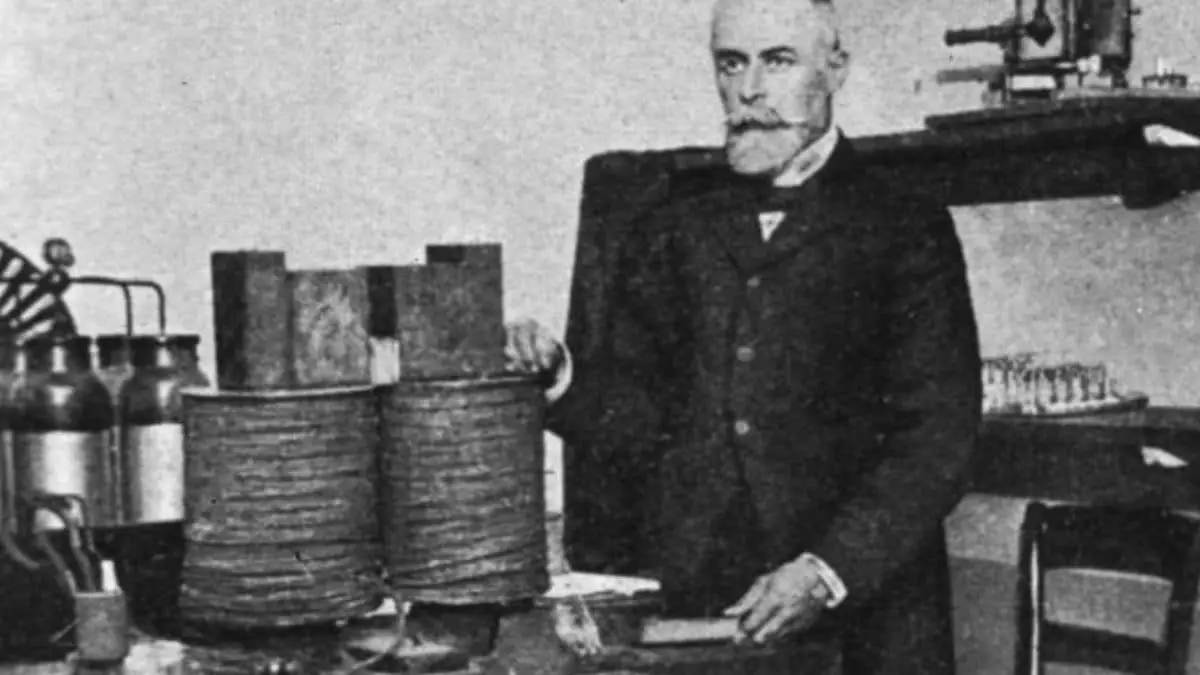
Henri Becquerel discovered radioactivity in 1896 while working with uranium salts. This groundbreaking discovery opened new avenues in physics and chemistry, leading to significant advancements in medical treatment and understanding of atomic structures.
1917: Zimmermann Telegram Published
The Zimmermann Telegram was published in the United States in 1917. This secret diplomatic communication from the German Empire proposed a military alliance between Germany and Mexico if the U.S. entered World War I against Germany.
1955: Pakistan-India Cricket Draw
In 1955, Pakistan and India concluded their fifth cricket test at Karachi’s National Stadium with a draw, ending the series 0-0. This match was part of a historic rivalry between the two nations, showcasing sports’ ability to both unite and divide.
1961: Peace Corps Established
President John F. Kennedy established the Peace Corps in 1961. This organization dedicated to promoting peace and understanding across the world by sending American volunteers abroad to work on developmental projects.
1966: Venera 3 Crashes
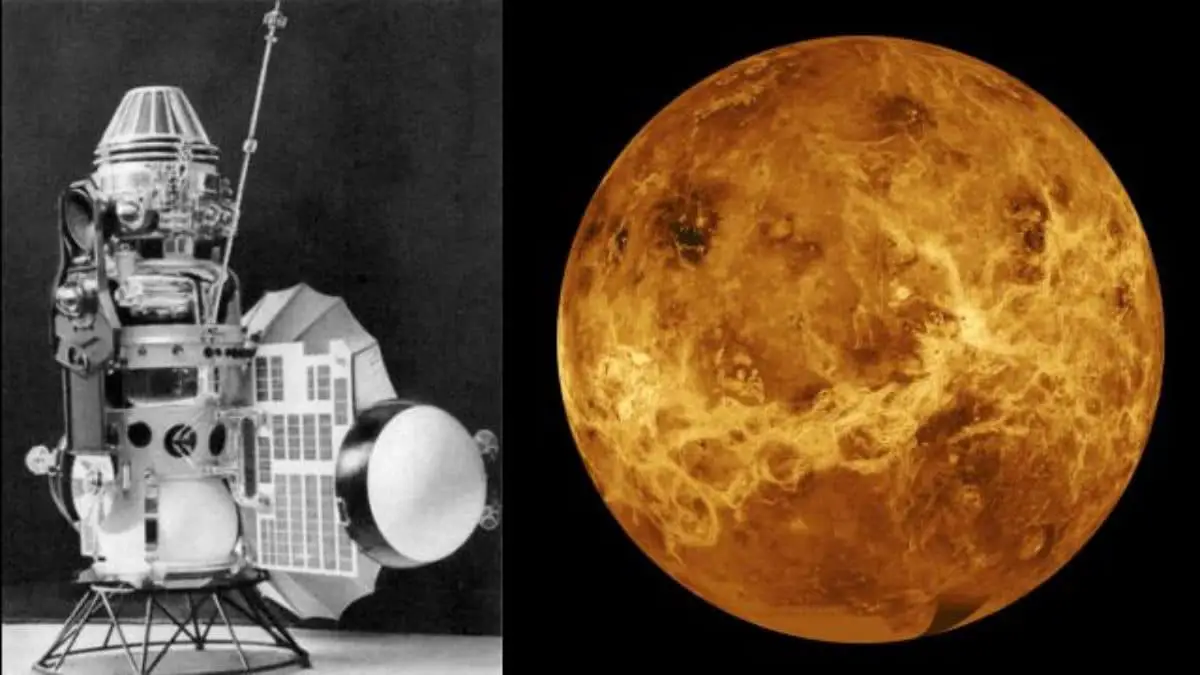
The Venera 3 Soviet space probe crashed on Venus in 1966, becoming the first spacecraft to land on another planet’s surface. This mission marked a significant milestone in space exploration, despite not transmitting data back to Earth.
1966: Ba’ath Party in Syria
The Ba’ath Party took power in Syria in 1966, initiating a period of political stability and repression. This coup d’état led to the establishment of a regime that has had a lasting impact on Syria’s political landscape.
1971: Pakistan Assembly Postponed
President Yahya Khan of Pakistan indefinitely postponed the national assembly session in 1971, leading to massive civil disobedience in East Pakistan. This decision escalated tensions, contributing to the eventual independence of Bangladesh after a bloody liberation war.
1973: Pink Floyd’s Famous Album
Pink Floyd released their album “Dark Side of the Moon” in 1973. This album became one of the best-selling records worldwide, showcasing the band’s innovative approach to music and its profound impact on the rock genre.
1973: Saudi Embassy Stormed
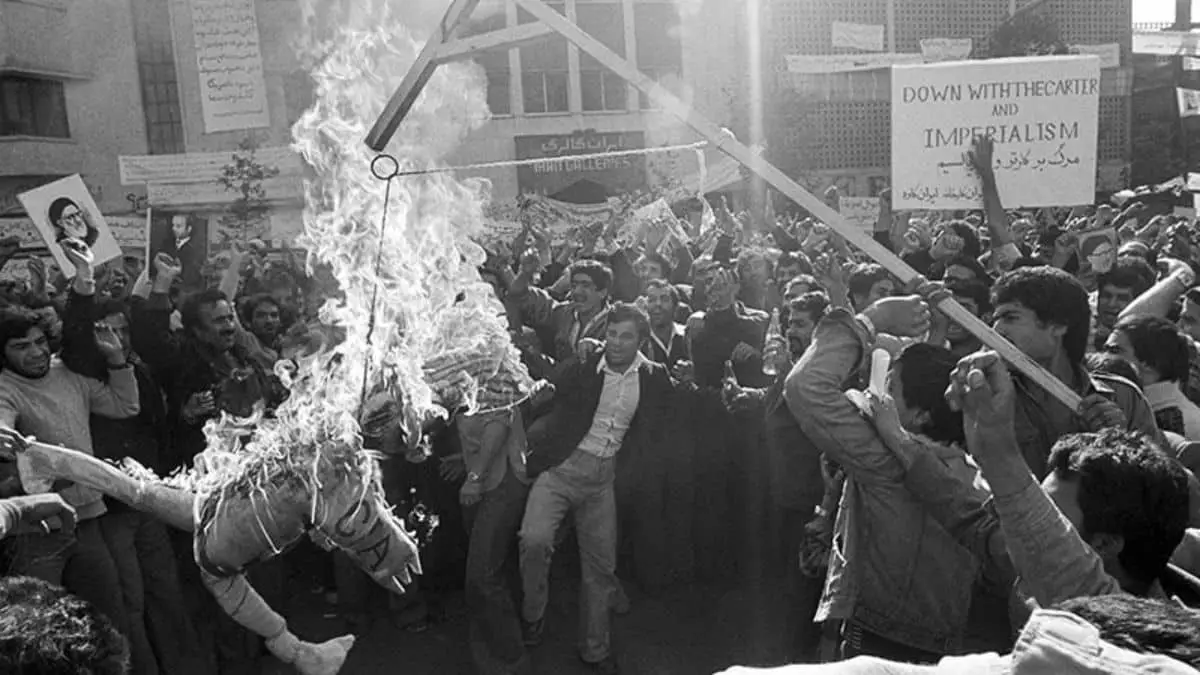
Black September stormed the Saudi embassy in Khartoum, Sudan, in 1973, resulting in the assassination of three Western hostages. This act of terrorism highlighted the escalating Middle East conflict and its global implications.
1974: Watergate Scandal Indictments
The Watergate scandal in 1974 saw seven individuals indicted for their role in the break-in and charged with conspiracy to obstruct justice. This scandal led to President Nixon’s resignation, underscoring the impact of political corruption and the importance of journalistic investigation.
1981: Bobby Sands’ Hunger Strike
Bobby Sands, an Irish Republican Army member, began a hunger strike in a Northern Ireland prison in 1981. His protest against British rule and the conditions of political prisoners drew international attention to the conflict in Northern Ireland.
1990: Steve Jackson Games Raided
Steve Jackson Games was raided by the United States Secret Service in 1990. This event, stemming from concerns over a supposed handbook for computer crime, prompted the later formation of the Electronic Frontier Foundation.
1991: Iraq Uprisings Begin
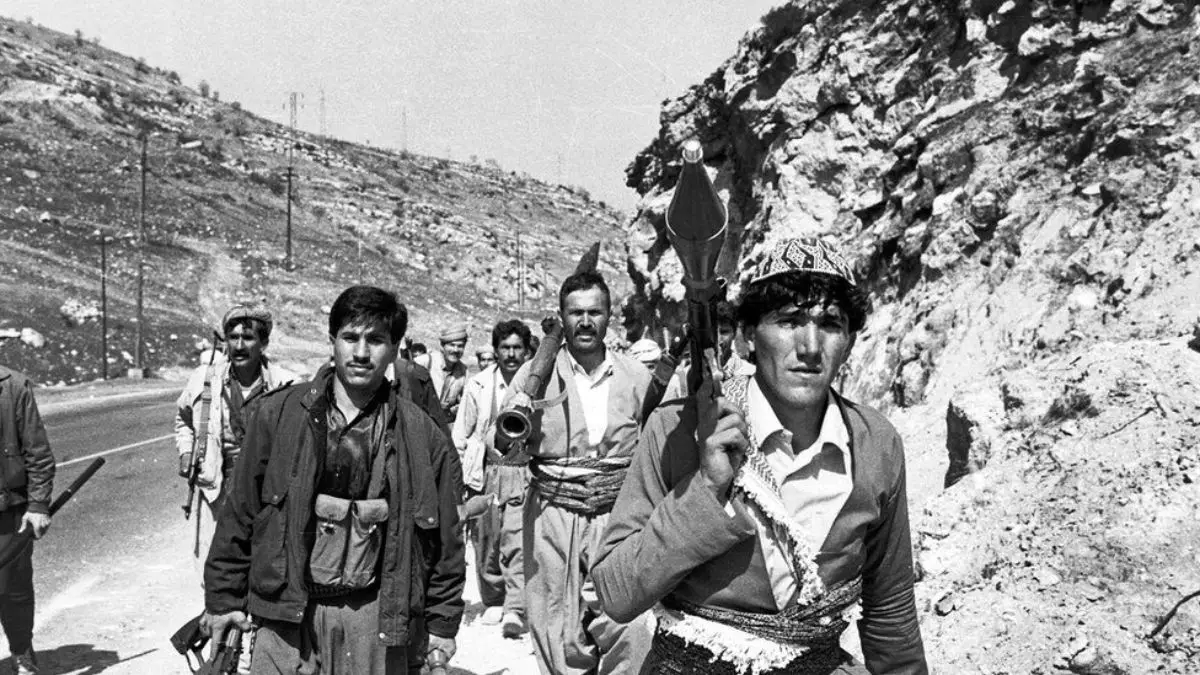
Uprisings against Saddam Hussein in Iraq began in 1991. These uprisings led to the deaths of more than 25,000 people, mostly civilians. It highlighted the deep-seated grievances against Hussein’s regime and the complexities of Iraqi society.
1992: Bosnia and Herzegovina Independence
Bosnia and Herzegovina declared its independence from the Socialist Federal Republic of Yugoslavia in 1992. This declaration marked the beginning of a devastating war characterized by ethnic conflict, leading to significant loss of life and displacement.
1997: Camacho Retires Leonard
Puerto Rico’s Hector Camacho knocked out American boxing legend Sugar Ray Leonard in 1997, leading to Leonard’s retirement from boxing. This match symbolized a passing of the torch in the boxing world, highlighting the rise of new champions.
1998: Titanic Grosses $1 Billion
James Cameron’s “Titanic” became the first movie to gross over $1 billion worldwide in 1998. This epic romance and disaster film captivated audiences globally, setting new standards for filmmaking and visual effects.
2002: Operation Anaconda Begins
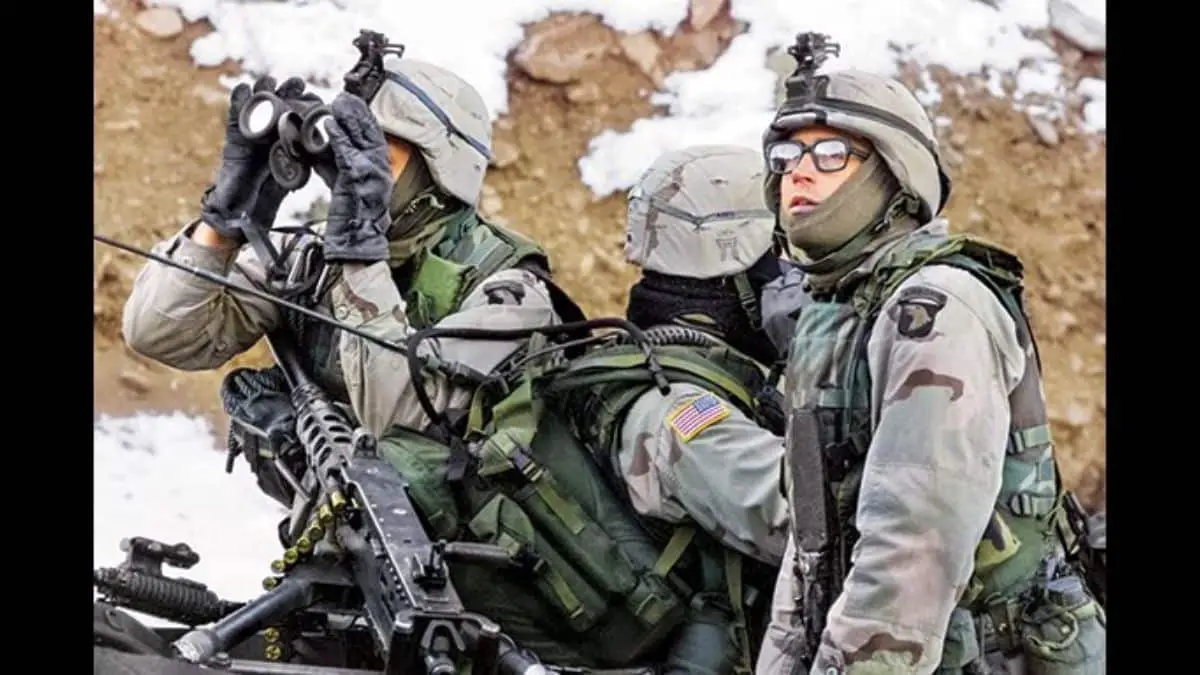
Operation Anaconda began in eastern Afghanistan in 2002 as part of the U.S. invasion. This large-scale battle against Taliban and al-Qaeda forces aimed to crush the remnants of Taliban resistance but highlighted the difficulties of military intervention in Afghanistan.
2002: Envisat Satellite Launched
The Envisat environmental satellite was successfully launched in 2002. As the largest payload at the time, it embarked on a mission to monitor Earth’s environment and climate, illustrating the advancements in space technology and its application to environmental science.
2003: US Customs and Secret Service Moved
The management of the United States Customs Service and the Secret Service moved to the Department of Homeland Security in 2003. This reorganization was part of a broader effort to enhance national security following the September 11 attacks.
2005: Execution of Juveniles Ruled Unconstitutional
In Roper v. Simmons in 2005, the U.S. Supreme Court ruled that executing juveniles found guilty of crimes is unconstitutional. This landmark decision emphasized the importance of considering the moral and ethical implications of capital punishment.
2006: Wikipedia’s Millionth Article

The English-language Wikipedia reached its one millionth article in 2006, showcasing the collaborative power of the internet and its role in democratizing information.
2007: Southern US Tornadoes
Tornadoes broke out across the southern United States in 2007, killing at least 20 people. This natural disaster highlighted the vulnerability of communities to extreme weather events and the importance of emergency preparedness.
2008: Armenian Police Clash
In 2008, Armenian police clashed with protesters alleging presidential election fraud. This confrontation resulted in ten deaths, underscoring the tensions in Armenian politics and the challenges of ensuring fair and free elections.
2014: Kunming Station Stabbing
A mass stabbing at Kunming Railway Station in China in 2014 left 35 people dead and 143 injured. This brutal attack shocked the nation and the world, highlighting concerns over domestic security and the impact of extremism.
2016: South Korean Filibuster Record
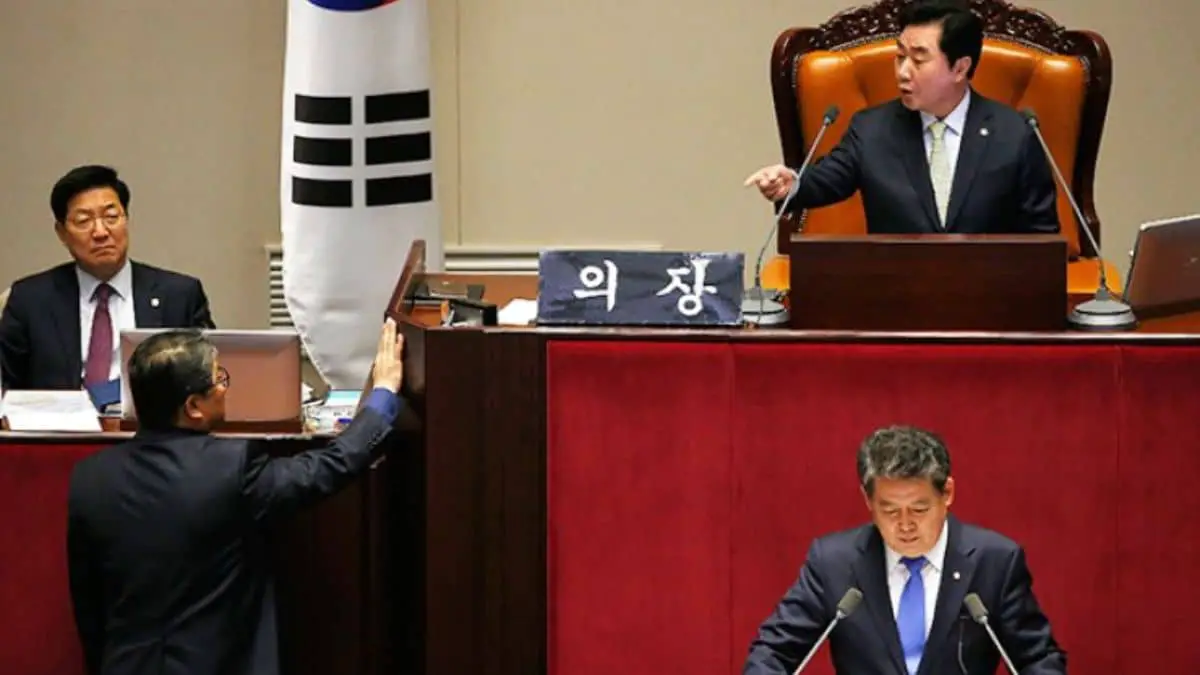
South Korean opposition MPs set a world record for the longest filibuster in 2016, lasting 9 days to block an anti-terror bill. This unprecedented parliamentary protest underscored the deep divisions over national security and civil liberties.
2018: Burberry’s New Designer
Riccardo Tisci was named the new designer of British brand Burberry in 2018, following Christopher Bailey’s exit. This change signaled a new creative direction for the luxury fashion house, highlighting the evolving landscape of global fashion.
2020: Turkey’s Offensive in Syria
Turkey launched a major offensive against the Syrian government in northern Syria in 2020 after 36 Turkish soldiers were killed. This military action intensified the conflict in the region, raising concerns over the humanitarian impact and geopolitical ramifications.
Also Read: Major Historical Events on February 26- Today in History






